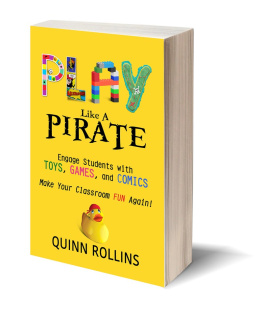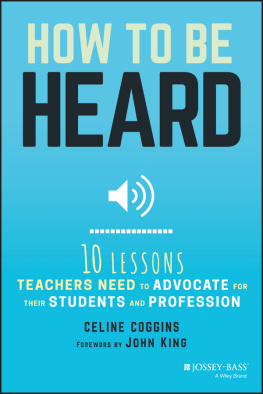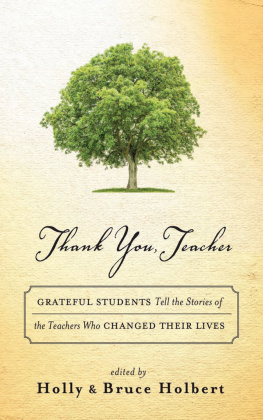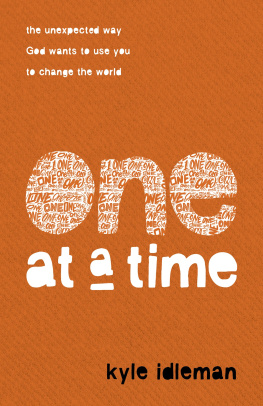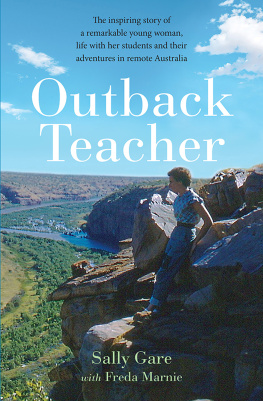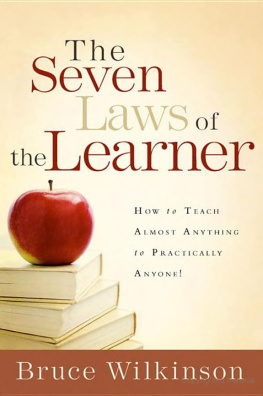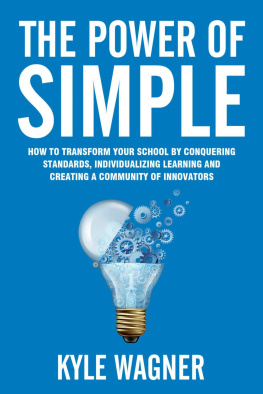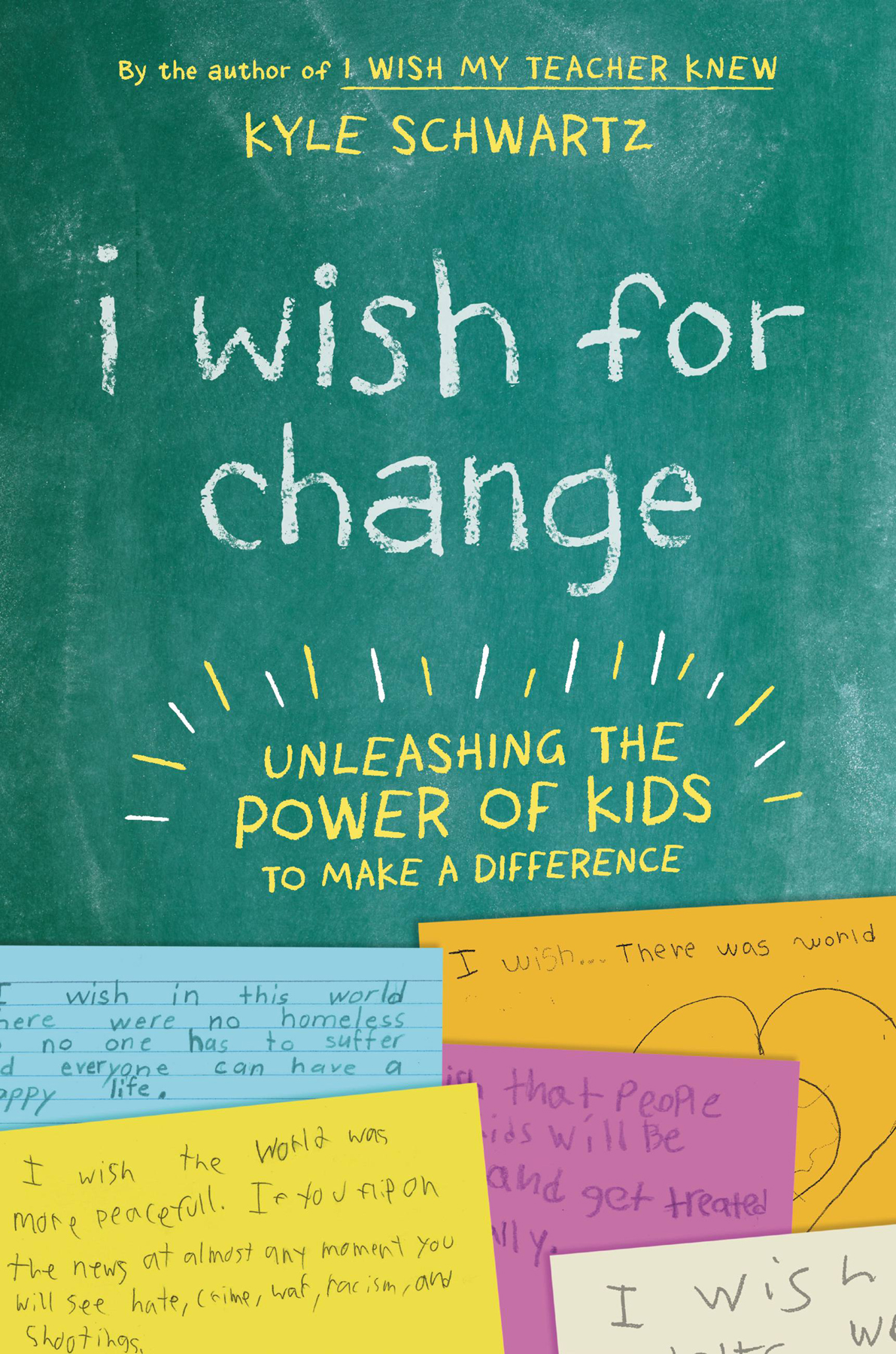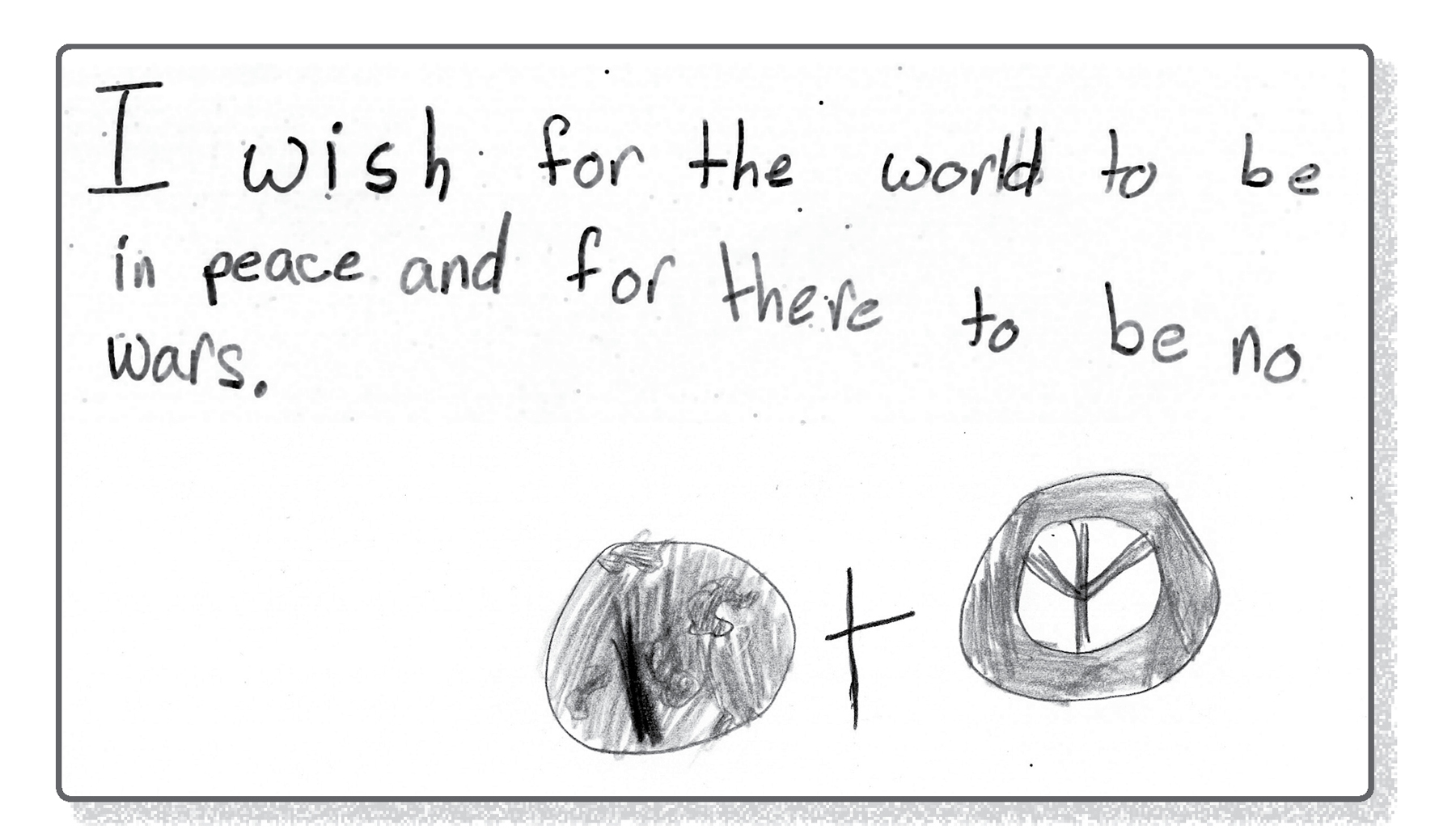The best part of writing a book focused on youth empowerment has been the opportunity to get to know so many young people who are already making a difference in their communities. Their stories have been a constant source of encouragement and inspiration. As I spoke with them, I noticed similar themes coming up in each of our conversations. I decided to explore this further and conducted a little thought experiment. I invited a few of the young people featured in this book to help out by simply asking them to finish the sentence: Most adults think young people are _____________.
Here are some of their responses:
irresponsible
incapable
unmotivated
lazy
. So many of the young people I talked with feel discounted and dismissed by adults as a whole.
I wanted to dig a little deeper into how adults actually see young people. So, I continued this thought experiment on social media. I asked adults to complete the sentence: Most young people are ______. Here are some responses I received:
a joy to be around
more resilient than we give them credit for
inventive, imaginative, full of energy, and optimistic
full of stories worth writing
an endless supply of energy, raw ideas, and promise
Perhaps these particular respondents had a different perception of young people than the majority of adults. Or perhaps the type of adults who make negative generalizations about youth were not compelled to put those thoughts in writing. Or maybe there is a dramatic disconnect between the views that most adults hold about young people and what we communicate. Could it be that most adults actually think positively about young people but just dont express it?
Young people are clearly listening when grown-ups drone on and on about kids these days. They hear the same recycled lines about the younger generation not being prepared for the real world. They are subject to endless hand-wringing about the ills of social media, an over reliance on technology, and a need to be constantly rewarded. My sixteen-year-old cousin Colin left his traditional school and opted to take his high school classes online. His central rationale was, My teachers were always putting us down. They say we are lazy and always on our phones. I just got sick of it. I dont want to be stuck in a room all day with people who hate my entire generation. Colin told me there are, indeed, supportive adults in his life, particularly his parents, but on the whole the constant criticism from adults is, Bad and getting worse.
When I told Colin I was writing this book, he was instantly encouraging. He said he was proud of me, that the topic was important, and that he couldnt wait to read it. His pep talk was exactly what I needed to keep me going. It broke my heart to think that Colin may not hear the same motivating messages from adults that he so freely gives.
Do young people like Colin ever hear a counter narrative? Do they know there are adults who champion their potential? Do they hear us rooting for them? Or is it drowned out by a million little sighs, slights, and eye rolls?
As caring adults, we must aim for encouragement to be louder than all the negativity. This book seeks to be the antidote to the intergenerational mudslinging, to serve as a reminder of the influence we can have on young people. After all, the successes of young people are shared by us all. We all benefit when a young person sees a problem and takes action. Children can make a difference, not years from now, not when they are older, but right now. Why wait?
Have you ever asked a child why they are in school? As a third-grade teacher, I ask this question to my students each year. Their answers seem to follow a script. Almost every child will answer confidently that they go to school so they can learn. If you ask a child why they need to learn, many will tell you its so they can get good grades. Then, they might add, they will need good grades in order to go to college or so they can get a good job.
This thinking is so prevalent that it is rarely challenged. Workforce training, while certainly a benefit of schooling, is not the goal of education. My students are learning to read, write, and multiply not so they can ace a test or snag a job, but because those skills will help them navigate and understand the world. I tell my students, You are not here so you can make money in a decade. You are here so you can make a difference now. The obligation of the school is to teach, but the obligation of the student is to contribute.
Young people are up for the task. While my generation was, in the words of singer-songwriter John Mayer, Waiting on the world to change, the children of today are not so complacent. They are changing the world right now. This book is filled with the stories of real, young people who have already helped others, who have already made a difference. This is a side of children I am very familiar with.
I work with young people day in and day out. I dont often witness deeply ingrained selfishness and egocentrism. More often than not, I see organized efforts to help others alongside small acts of compassion. Kids in my class have raised money to send goats and chickens to children in need halfway around the world. They have collected canned foods for the local homeless shelter, even though 90 percent of the students at my school live below or very near the poverty line. One year, our soccer team hosted a yard sale on the front lawn of our school and donated all the proceeds to a local animal shelter. Our students have sent handmade cards to the veterans hospital on Veterans Day and to the senior center on Valentines Day.


